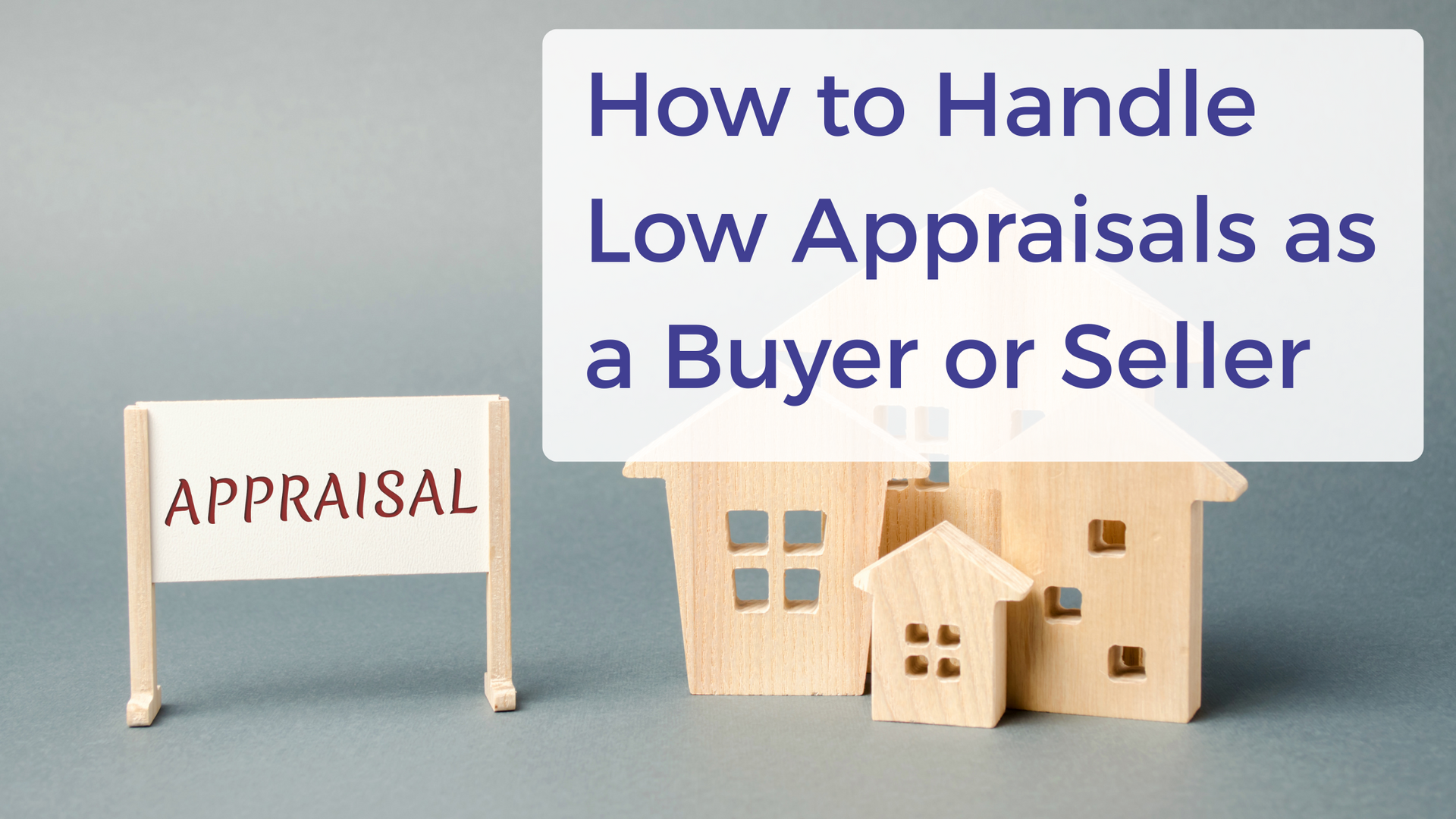Navigating the world of home financing can be daunting, especially when it comes to choosing the right mortgage. Among the options available, adjustable-rate mortgages (ARMs) often spark debate. While they can offer attractive benefits, they also come with certain risks. Let’s dive into the pros and cons to help you make an informed decision.

What is an Adjustable-Rate Mortgage?
An adjustable-rate mortgage is a home loan with an interest rate that can fluctuate over time, typically based on a specific index. Initially, ARMs often come with a lower interest rate compared to fixed-rate mortgages, which can lead to significant savings, especially in the early years of the loan.
The Pros of Adjustable-Rate Mortgages
- Lower Initial Rates: One of the most appealing features of ARMs is their lower starting interest rates. This can result in lower monthly payments during the initial fixed-rate period, allowing you to allocate funds elsewhere—whether that’s saving for home improvements or investing.
- Potential for Lower Overall Costs:
If interest rates remain stable or decrease, borrowers may pay less over the life of the loan compared to a fixed-rate mortgage. This can make ARMs an attractive option for those planning to sell or refinance before the adjustment periods kick in.
- Flexibility:
ARMs can be structured in various ways to meet your financial needs. For instance, some may offer an initial fixed-rate period of 5, 7, or even 10 years before transitioning to an adjustable rate. This flexibility can suit different financial strategies and timelines.
- Affordability: With lower payments at the outset, ARMs can make homeownership more accessible for first-time buyers or those with tight budgets. The ability to enter the housing market with lower costs can be a significant advantage.
The Cons of Adjustable-Rate Mortgages
- Rate Increases: The most significant drawback of ARMs is the potential for interest rates to rise. After the initial fixed-rate period, your monthly payments could increase significantly, potentially straining your budget. It’s essential to be prepared for this possibility.
- Market Dependency:
The fluctuation of interest rates means your mortgage payments will depend on market conditions. If rates rise sharply, you could find yourself paying much more than you initially anticipated.
- Complexity:
ARMs can be more complicated than traditional fixed-rate mortgages. Understanding the terms—such as adjustment intervals, caps on rate increases, and how your interest rate is calculated—can be challenging, requiring careful consideration.
- Uncertainty: With an ARM, there’s an inherent uncertainty in long-term budgeting. If you plan to stay in your home for many years, the potential for increasing payments could be a significant concern.
Conclusion
Adjustable-rate mortgages offer both advantages and potential pitfalls. They can provide initial savings and flexibility, making them appealing for some buyers. However, the risk of rising rates and the complexity of the product require careful consideration.
Considering an adjustable-rate mortgage? Let’s discuss if it’s right for you! Understanding your financial goals and risk tolerance is crucial in making the best decision for your situation. Reach out today to explore your options and find the perfect financing solution tailored to your needs!


